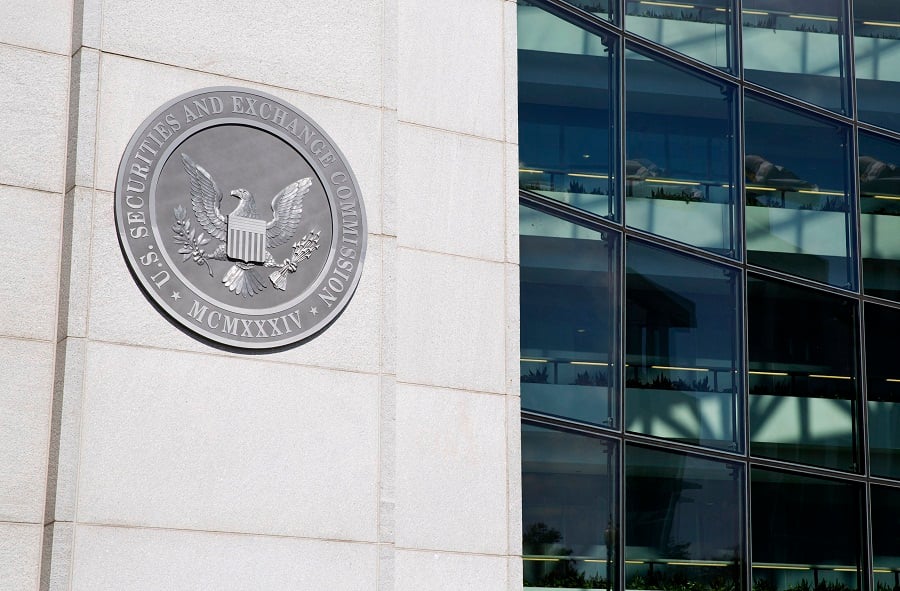

Silicon Valley-based cryptocurrency trading app Abra, and a related firm, have agreed to pay $300,000 in fines after the Securities and Exchange Commission and the Commodity Futures Trading Commission both announced Monday they had filed charges against the app.
In parallel enforcement actions, the SEC and CFTC charged Abra and its affiliate, Plutus Technologies Philippines, for allegedly offering and selling security-based swaps to retail investors without registration and for failing to transact those swaps on a registered national exchange.
Abra and Plutus have agreed to a cease-and-desist order and to pay two $150,000 penalties — one each to the SEC and CFTC — without admitting or denying the findings.
Abra did not respond to request for comment.
The startup allegedly violated registration requirements in February 2019 by offering investors exposure to price movements of stocks and ETF shares that trade in the U.S. through blockchain-based financial transactions without taking any steps to ensure app users were “eligible contract participants” as defined by the securities laws, according to the SEC’s order.
“Businesses cannot ignore the registration requirements designed to provide investors with the information necessary to evaluate securities transactions,” said Daniel Michael, Chief of the SEC Enforcement Division's Complex Financial Instruments Unit.
“Further, businesses that structure and effect security-based swaps may not evade the federal securities laws merely by transacting primarily with non-U.S. retail investors and setting up a foreign entity to act as a counterparty, while conducting crucial parts of their business in the United States.”
Founded in 2014, Abra has raised a total of $52.5 million in funding over 10 rounds, according to Crunchbase.
As digital assets continue to gain popularity, the SEC has taken notice. In fact, the SEC's website provides resources around initial coin offerings and cryptocurrency. Moreover, the regulator announced in June a series of thematically-based virtual meetings to remain engaged with the fintech community.
Advisers can book a virtual meeting via a form on the SEC’s website.

Rajesh Markan earlier this year pleaded guilty to one count of criminal fraud related to his sale of fake investments to 10 clients totaling $2.9 million.

From building trust to steering through emotions and responding to client challenges, new advisors need human skills to shape the future of the advice industry.

"The outcome is correct, but it's disappointing that FINRA had ample opportunity to investigate the merits of clients' allegations in these claims, including the testimony in the three investor arbitrations with hearings," Jeff Erez, a plaintiff's attorney representing a large portion of the Stifel clients, said.

Chair also praised the passage of stablecoin legislation this week.

Maridea Wealth Management's deal in Chicago, Illinois is its first after securing a strategic investment in April.
Orion's Tom Wilson on delivering coordinated, high-touch service in a world where returns alone no longer set you apart.
Barely a decade old, registered index-linked annuities have quickly surged in popularity, thanks to their unique blend of protection and growth potential—an appealing option for investors looking to chart a steadier course through today's choppy market waters, says Myles Lambert, Brighthouse Financial.
